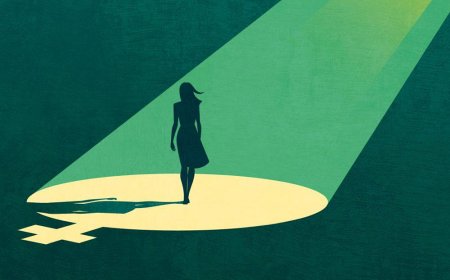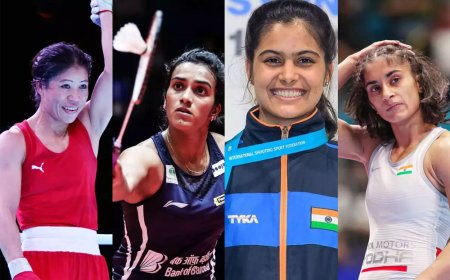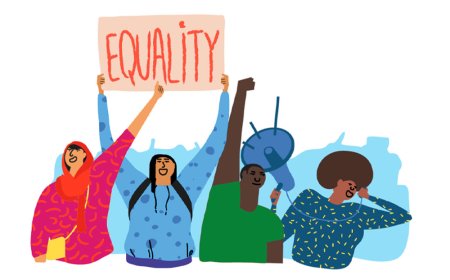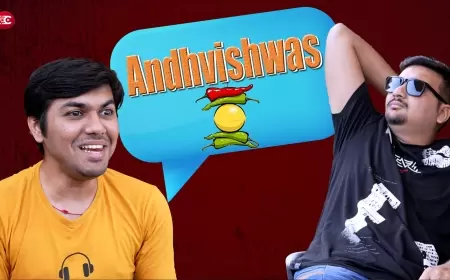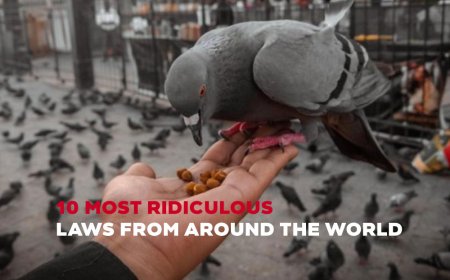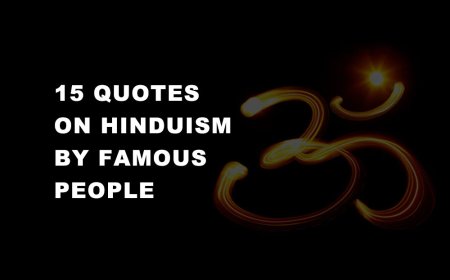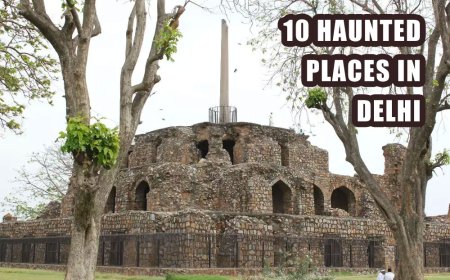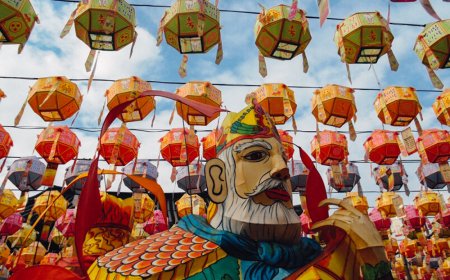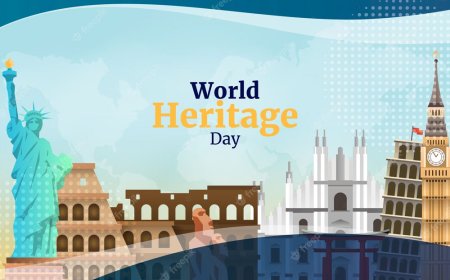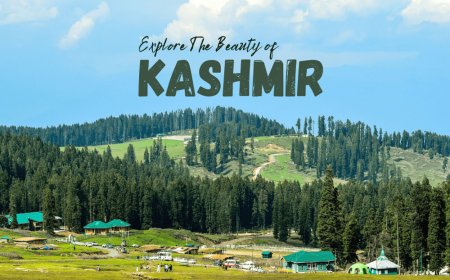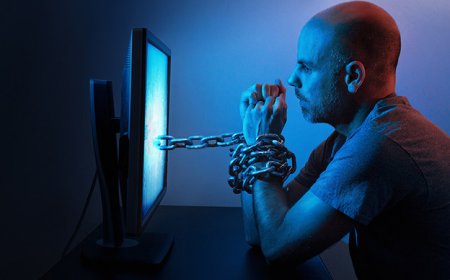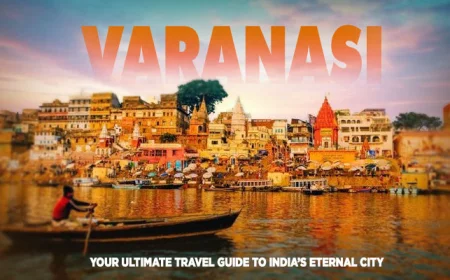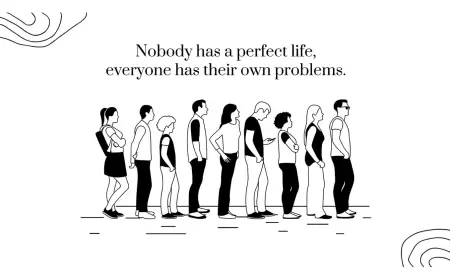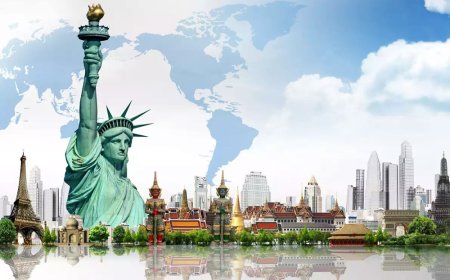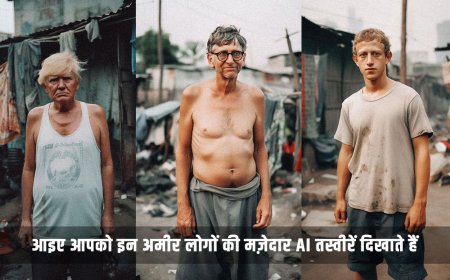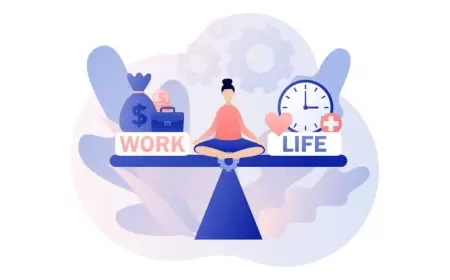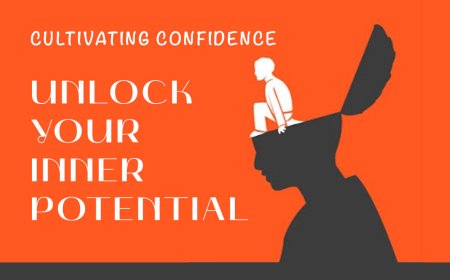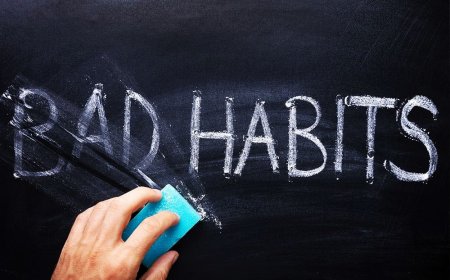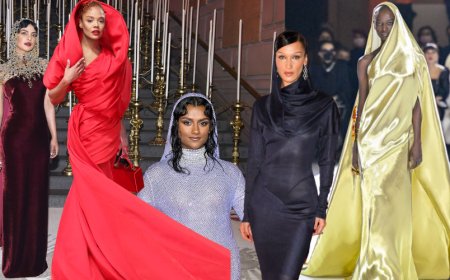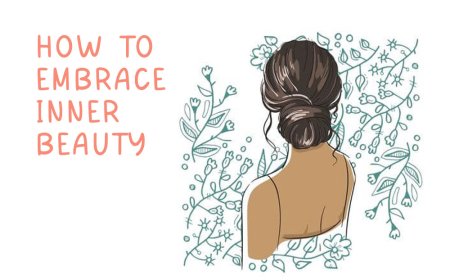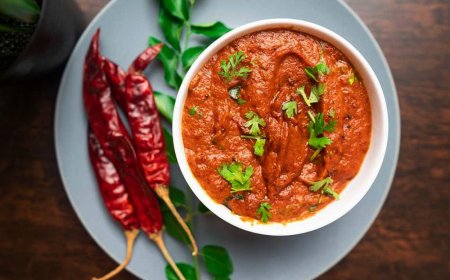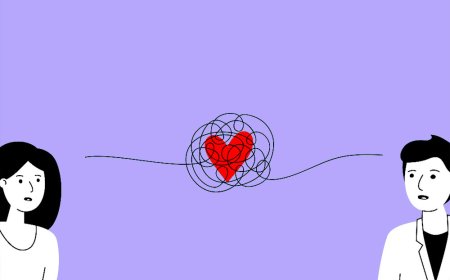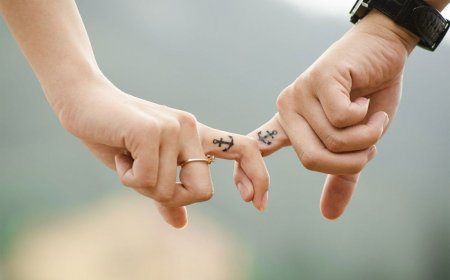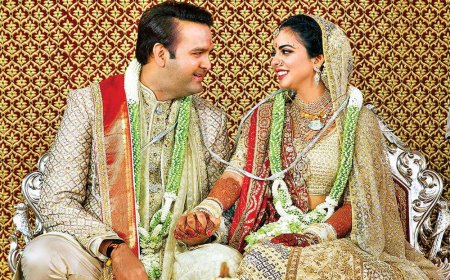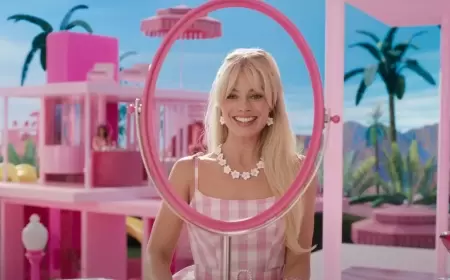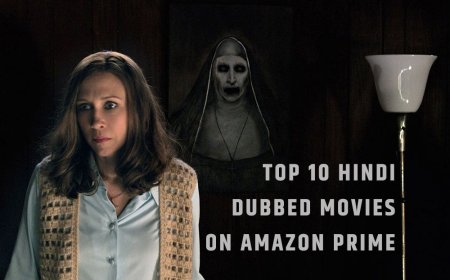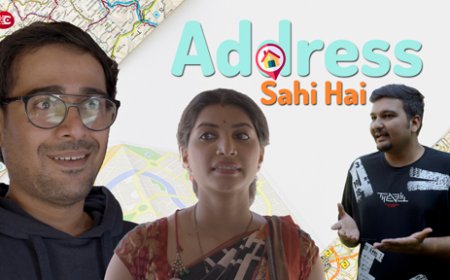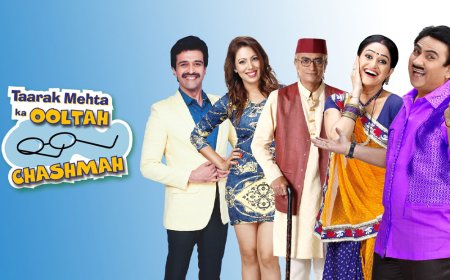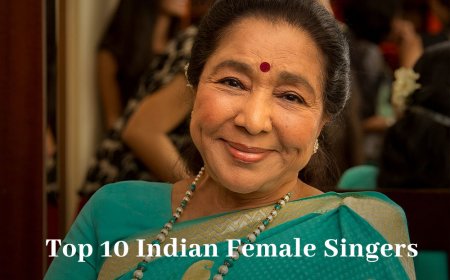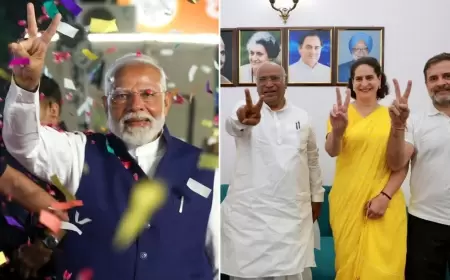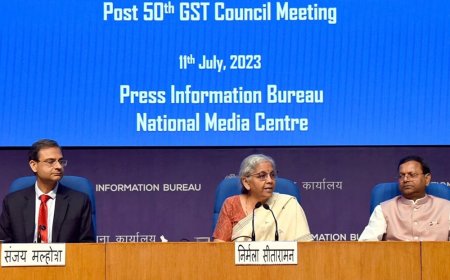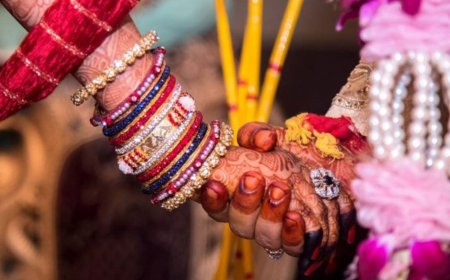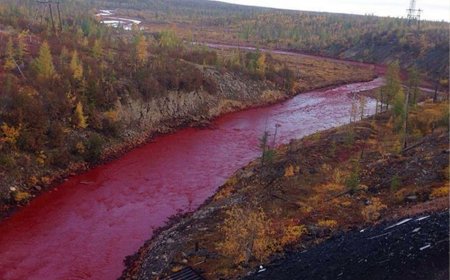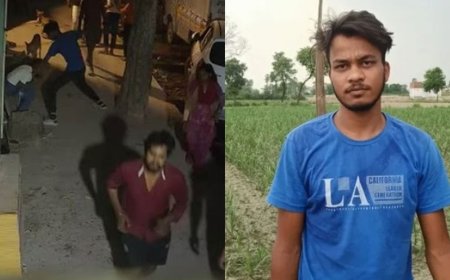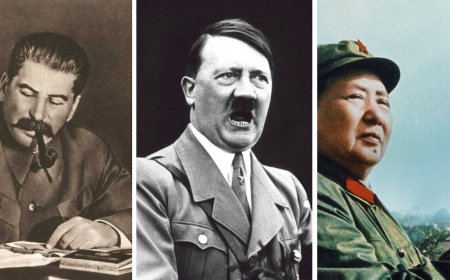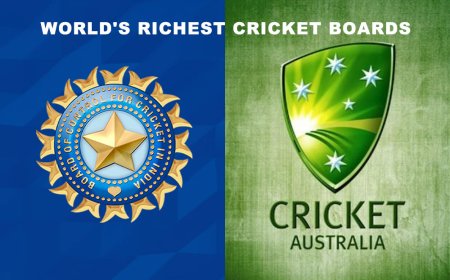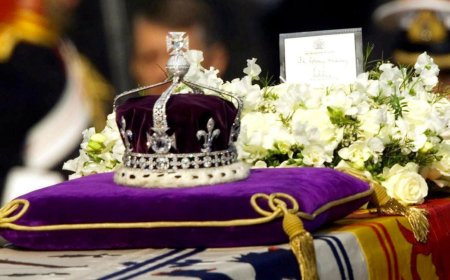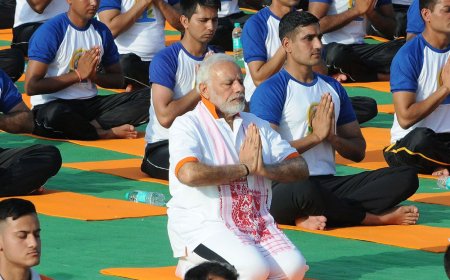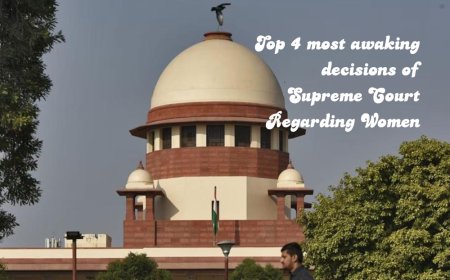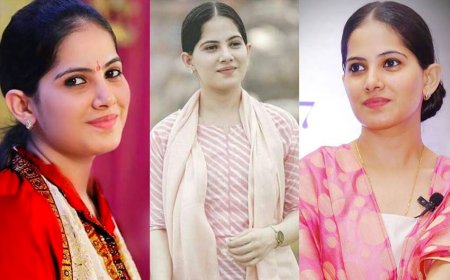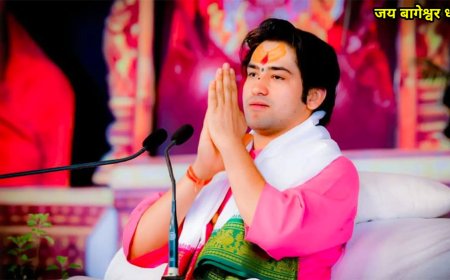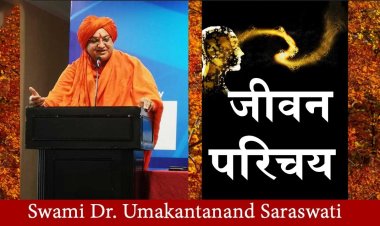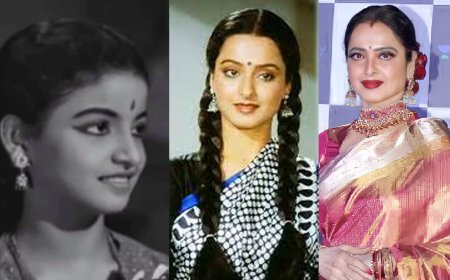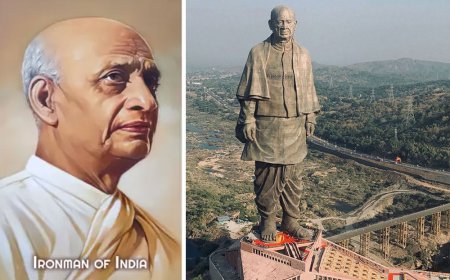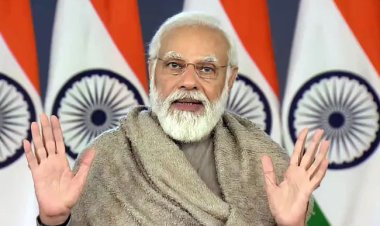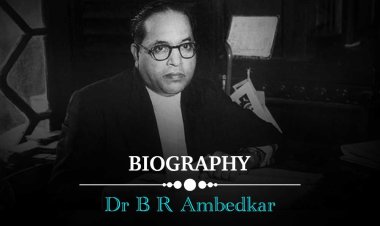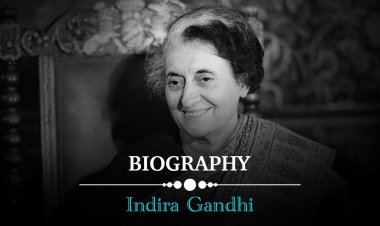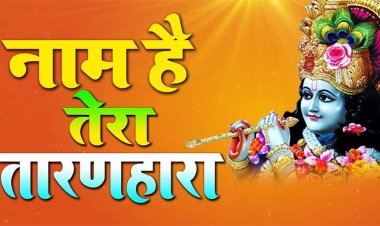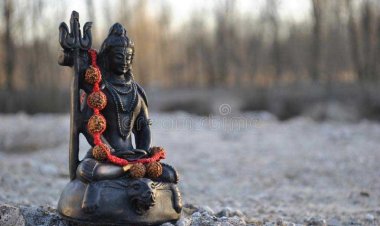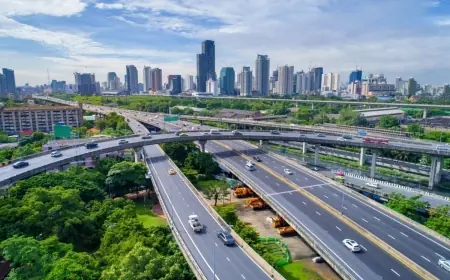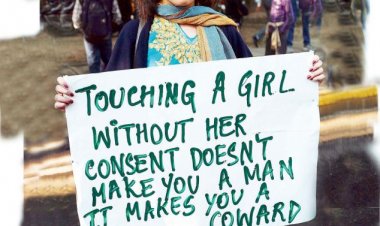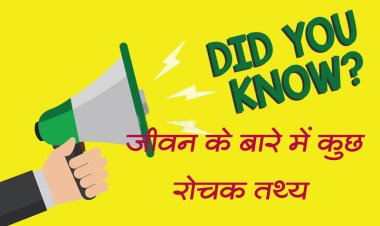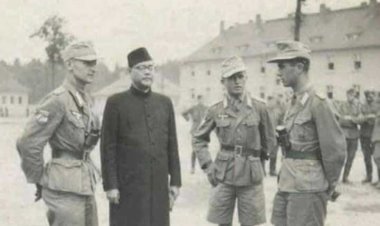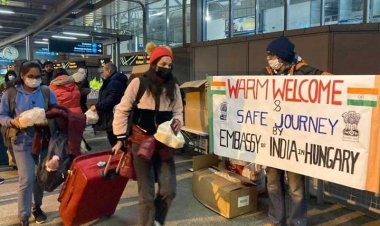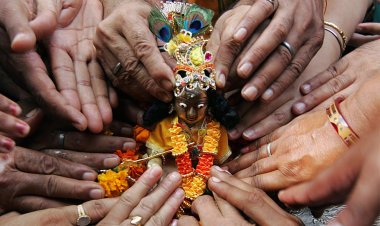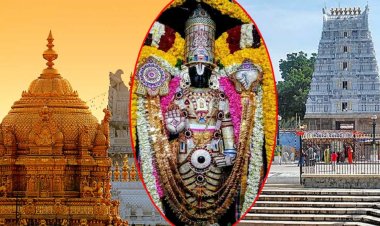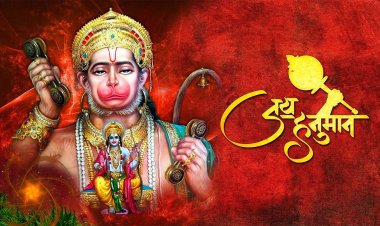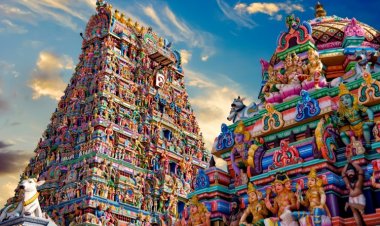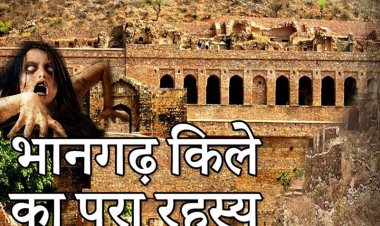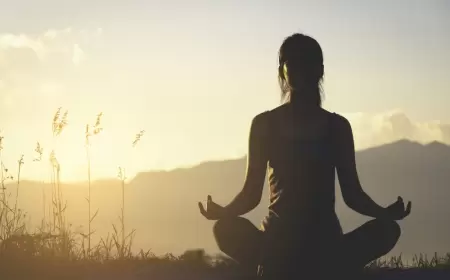Was Mahatma Gandhi Really A Mahatma Or A Mere Flawed Villain?
Jawaharlal Nehru has been denounced as anti-Indian by the ardent patriots. Gandhi is next on their target list, but they are wary owing to the respect he enjoys from the general population. Read this article to get your facts right on Gandhi.

Mohandas Gandhi is regarded as a notable person in Indian history and politics textbooks, and he is largely responsible for India's freedom from the British Regime.
But because of their extensive manipulation, distortion, and revision, those textbooks have portrayed Gandhi as the greatest person in Indian history and other freedom fighters as only supporting characters.
While the truth was very different. Gandhi undoubtedly spread the message of peace and nonviolence throughout the world, but there are a number of things you should know about him that will make you reexamine everything you have been convinced of.
Gandhi's racist anti-South African bigotry
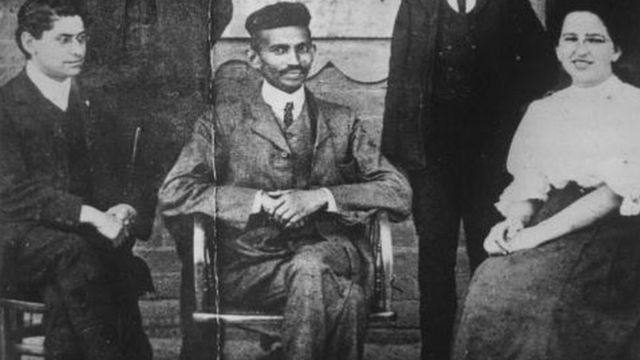
Not many people are aware of Gandhi's strong racism and disdain for the people of South Africa. Even though he himself worked as a barrister in South Africa for some years before returning to India, his opinions about the local populace are not very amusing to read.
Ashwin Desai and Goolam Vahed claimed in their book "South African Gandhi" that Gandhi described Africans as "raw, savage and living a life of indolence and nakedness.
It's a little difficult to accept such opinions coming from someone who the entire world regards as an idol and a representative of nonviolence.
The Rising Question
Gandhi lived in South Africa until he was 45 years old, but to this day, little to no information is known about his earnings, his means of subsistence, or the reason behind the choice he made to return to India and launch a political organization. His advocacy work in South Africa is not documented in any public sources. What exactly was he doing there at the time? Was everything that happened funded by the British? Was Gandhi a British swindle?
Failing to prevent the establishment of a separate nation based on religion!

First off, Gandhi was OK with partial freedom, the Great Britain flag flying over the Indian flag, and India remaining a perpetual commonwealth of the UK. He never demanded a complete liberation.
Only the 'poorna swaraj' (total independence) rhetoric preached by freedom fighters like Hasrat Mohani and Bhagat Singh gained widespread support from the populace, forcing Gandhi to eventually accede and accept — requesting complete independence.
Mohammad Ali Jinnah is credited with founding Pakistan because he believed that creating a distinct country based on religion was a brilliant concept. Before this concept, Hindus and Muslims in India were fighting alongside one another to overthrow the British rule. The number of Muslim freedom warriors who gave their lives in defense of our independence and desire for a single country as opposed to two separate nations still remains the same as the Hindu Freedom Fighters.
Gandhi Once said, “Before partitioning India, my body will have to be cut into two pieces.”
He was the same person who afterward took no action. Over 20 million people migrated in large numbers as a result of India and Pakistan's 1947 partition, and over 2 million people perished. India's population was less than one-third of what it is now (340 million) at that time.
Gandhi instead encouraged the riot-affected, evicted Hindus who had come to India from Pakistan to leave the mosques. However, he said nothing to the Muslims who were hiding out in temples in India at the time of the conflict. The Hindu-Muslim conflict, which was already at its apex at the time of partition, became much more entrenched as a result. Such beliefs of Gandhi fueled public animosity and opposition to him.
The Rising Question
What would India look like now if there had been no partition? With the money and resources saved from all the wars, would we already be a global superpower? Because of our position and our access to common natural resources, would we be one of the most renowned and geographically powerful nations?
Gandhi and his attempt at Celibacy

The fact that Gandhi slept nude with his nieces and a woman doctor named Sushila Nayar when he was 77 years old is not a secret. Not only did those women sleep with him naked, but they also gave him baths and attended to his daily necessities.
Gandhi retired to his Gujarat ashram in his latter years, where he used to socialize with his devotees and supporters, preach non-violence, and also indulge his craving for sex. When he was 77 years old. By having nude encounters with his own nieces.
Surprisingly, the nieces were teenagers at the time. Manuben, one of his nieces, was just seventeen years old when she was engaged in such instances, and her journal made all of these things public. She was sixty years younger in age than Gandhi, the man who urged her to sleep unclothed with him.
Below is a statement from the journal of Manuben
“Tonight, when Bapu, Sushila, and I were sleeping on the same cot, he embraced me and patted me. He put me to sleep with great love. He embraced me after a very long time. Then Bapu praised me for remaining innocent (of sexual urges) despite sleeping with him. But this isn’t the case with the other girls. Veena, Kanchan, and Lilavati (other associates of Gandhi) told me that they won’t be able to sleep with him”
The issue at stake isn't that Gandhi attempted unwanted sexual advances toward many of the young ladies he selected to share a bed with; rather, it's that he disregarded the effects his experiments had on their minds and bodies.
Those ladies, who still had their entire lives ahead of them, were sleeping with a nude elderly guy while attempting to repress their emotions and view sex as improper, undesirable, and immoral—exactly the opposite of what Gandhi promoted. What comes as an even bigger shock is that, he advised married couples to avoid sharing beds, saying that sex should only be utilized for reproduction.
The Rising Question
Would someone of Gandhi's age be forgiven if they slept with underage nude females in the 21st century, especially if they were his relatives? What kind of care would be provided to him? Will he not be labeled a monster and a pedophile?
Gandhi's paradoxical nonviolent stance
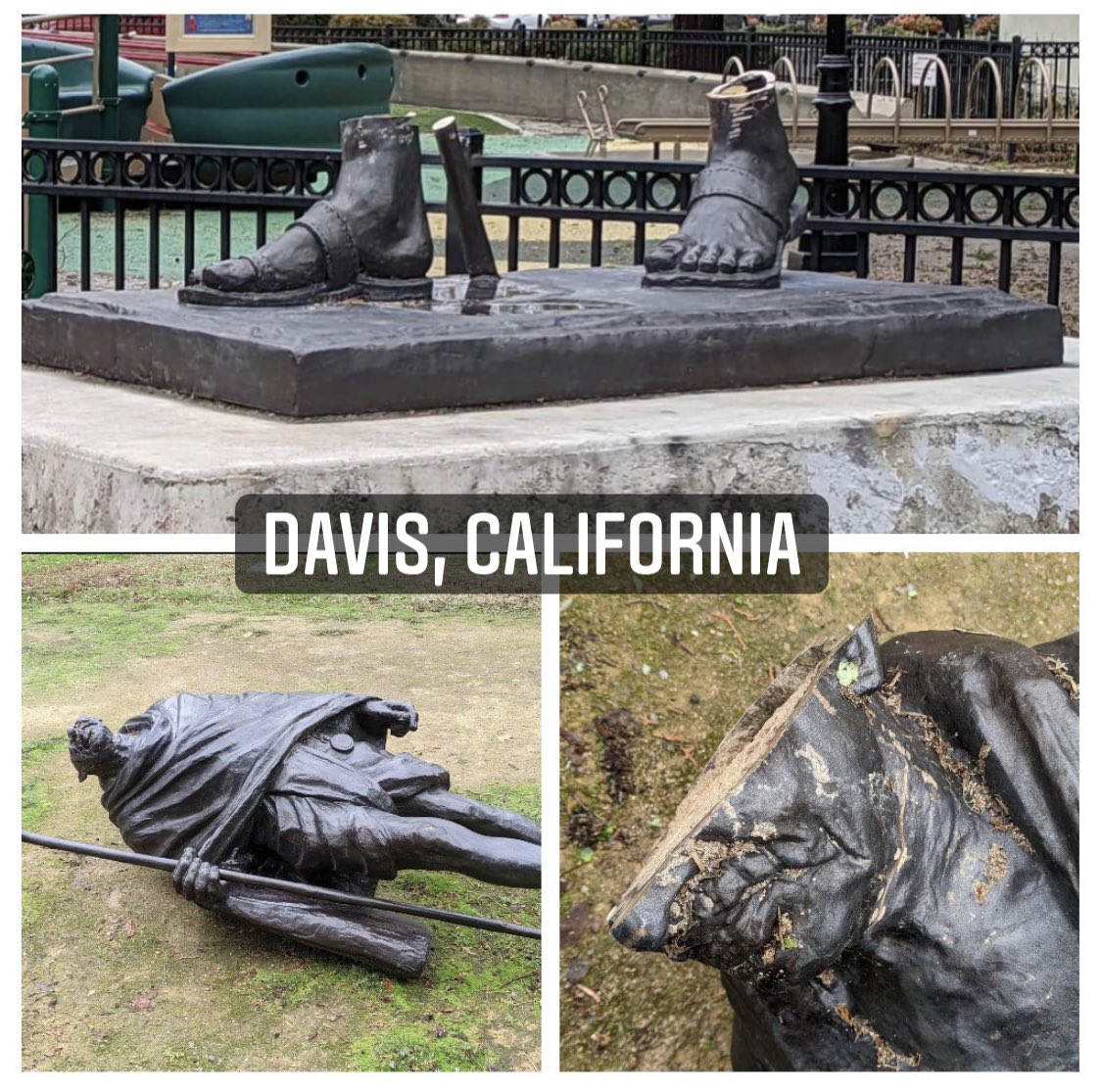
The most crucial thing is that he is the voice of nonviolence and peace in the globe. Gandhi was not a saint and was not a fervent advocate of nonviolence; if he had been, he would never have encouraged Indian soldiers to fight for the British in the UK. Additionally, this occurred as India's own internal battle for independence was in progress.
Gandhi openly urged Indians living overseas to join the British army and fight with them against Germany and her allies. Gandhi encouraged fellow Indians not to oppose the British with force or violence while he was still in his own land.
On August 14, 1914, MK Gandhi wrote a letter to Lord Crewe in which he asked Indians to support the British in battle-
“It was thought desirable by many of us that during the crisis that has overtaken the Empire and whilst many Englishmen, leaving their ordinary vocations in life, are responding to the Imperial call, those Indians who are residing in the United Kingdom and who can at all do so should place themselves unconditionally at the disposal of the Authorities.”
The Rising Question
These are only a few of the reasons why so many people opposed him, and now do you think it is fair and just to other warriors who sacrificed themselves for Gandhi to be known as the Mahatma (great soul)?
What's Your Reaction?
 Like
3
Like
3
 Dislike
0
Dislike
0
 Love
0
Love
0
 Funny
0
Funny
0
 Angry
0
Angry
0
 Sad
0
Sad
0
 Wow
1
Wow
1









